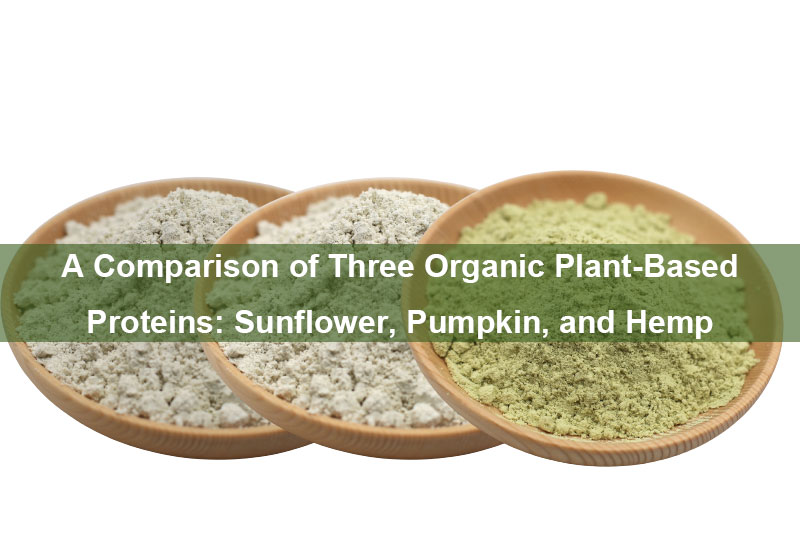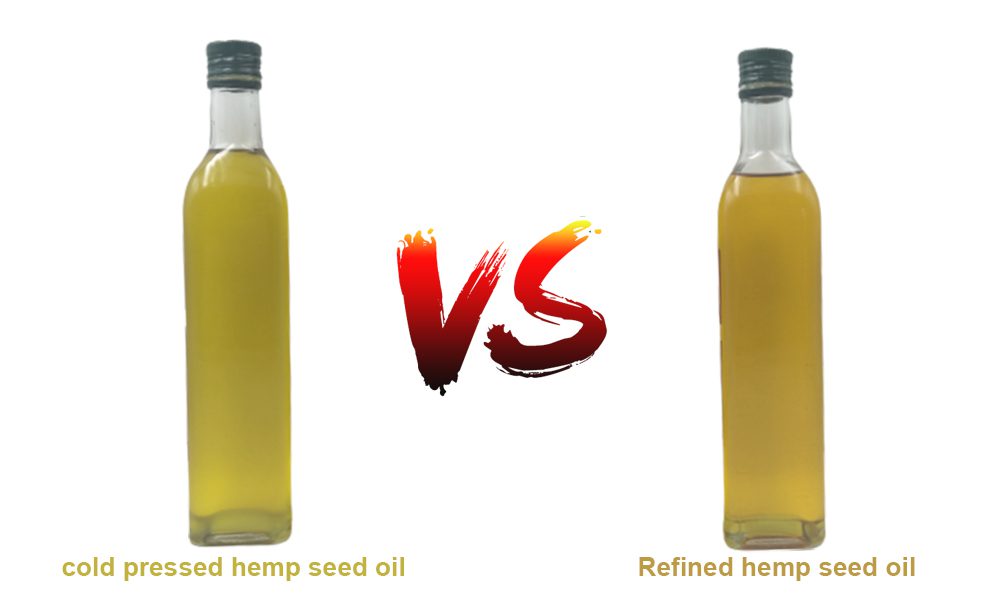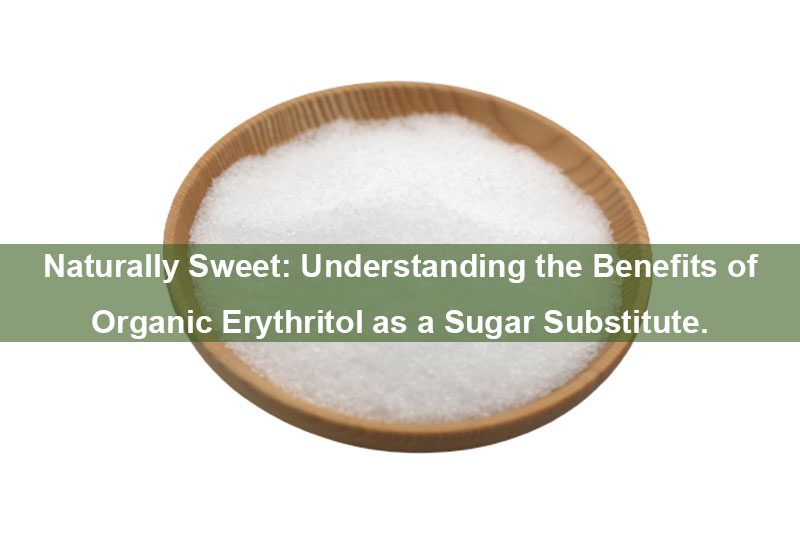Table of Contents
Protein is an essential macronutrient that supports various functions in the body, such as muscle growth, tissue repair, immune response, and hormone production. While animal products are often considered the main source of protein, there are also many plant-based options that can provide adequate amounts of this nutrient. In fact, some plant-based proteins may offer additional benefits, such as being organic, vegan, gluten-free, and rich in other nutrients.
In this article, we will compare three plant-based proteins that are derived from seeds: organic sunflower protein, organic pumpkin protein, and organic hemp protein. We will look at their similarities and differences in terms of nutrition, taste, amino acid profile, and usage.

Similarities
All three proteins share common characteristics that make them appealing choices for health-conscious consumers. Here are some of their similarities:
They are all plant-based proteins that are derived from seeds by isolation or concentration. This means they are suitable for vegans and vegetarians who want to avoid animal products.
They are all organic, meaning they are grown without synthetic pesticides or fertilizers. This means they are better for the environment and may have fewer contaminants than conventional products.
They are all complete proteins, meaning they provide all essential amino acids. Essential amino acids are the ones that the body cannot produce on its own and must obtain from food. Complete proteins are rare among plant sources and can help meet daily protein requirements more efficiently.
They are all rich in minerals and essential fatty acids. Minerals such as iron, zinc, magnesium, and calcium are important for various bodily functions, such as blood formation, bone health, nerve transmission, and enzyme activity. Essential fatty acids such as omega-3 and omega-6 are beneficial for cardiovascular health, brain function, skin health, and inflammation regulation.
Differences
Despite their similarities, each protein also has its own unique features that distinguish it from the others. Here are some of their differences:
Sunflower protein has a slightly sweet and nutty flavor, pumpkin protein has a unique fragrance, and hemp protein has a mild earthy flavor. The flavor of each protein may affect how it is used in recipes and how different consumers like it.
Sunflower protein has the highest protein content (above 60%), followed by pumpkin protein (50% or 75%, depending on the product), and hemp protein (around 30%). The protein content of each product may vary depending on the processing method and the number of other ingredients added. Higher protein content means more grams of protein per serving and per calorie.
Sunflower protein is low in lysine, pumpkin protein is low in sulfur-containing amino acids (methionine and cysteine), and hemp protein has a balanced amino acid profile. The amino acid profile of each protein affects its biological value, which is a measure of how well the body can use the protein. A balanced amino acid profile means that the protein has a higher biological value and can support more bodily functions.
Sunflower protein has the lowest fat content (around 1%), followed by pumpkin protein (around 10%), and hemp protein (around 50%). The fat content of each product may affect its calorie density, texture, shelf life, and health benefits. Lower fat content means fewer calories per serving and per gram of protein. Higher fat content means more creaminess, longer shelf life, and more essential fatty acids.
Sunflower protein has the lowest fiber content (around 1%), followed by hemp protein (around 4%), and pumpkin protein (around 8%). The fiber content of each product may affect its digestibility, satiety, blood sugar regulation, and bowel health. Higher fiber content means slower digestion, greater fullness

